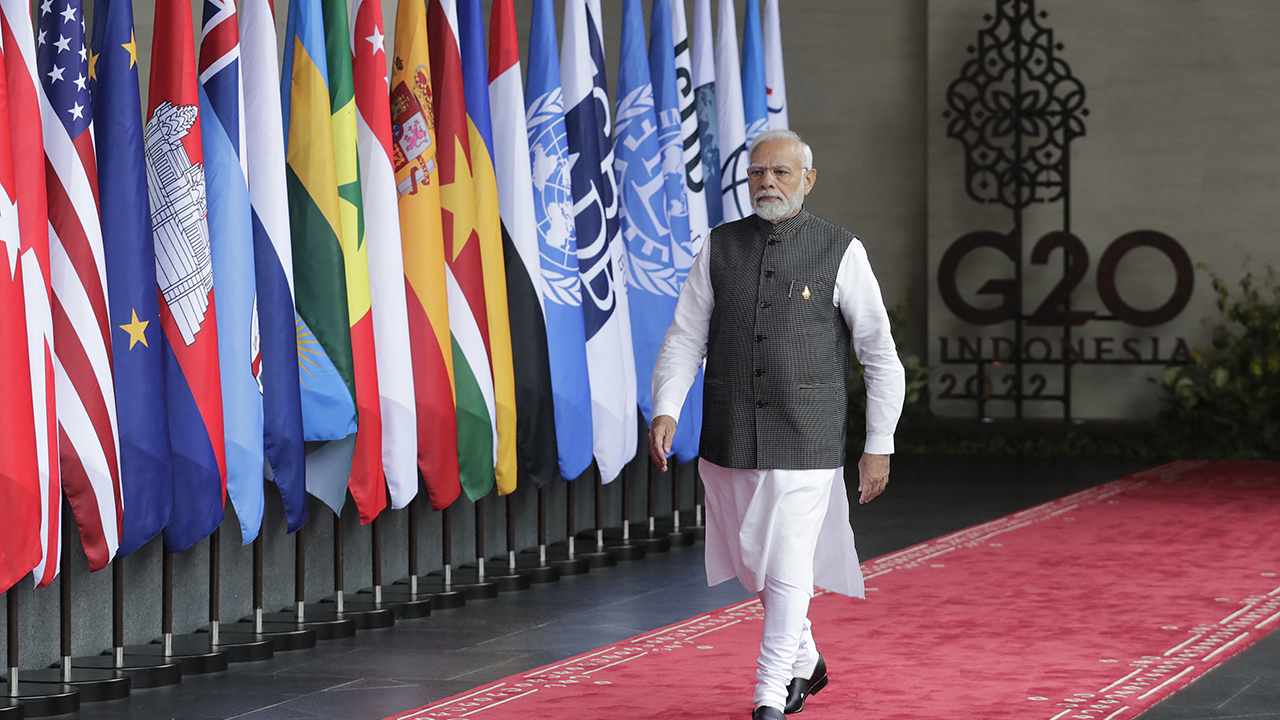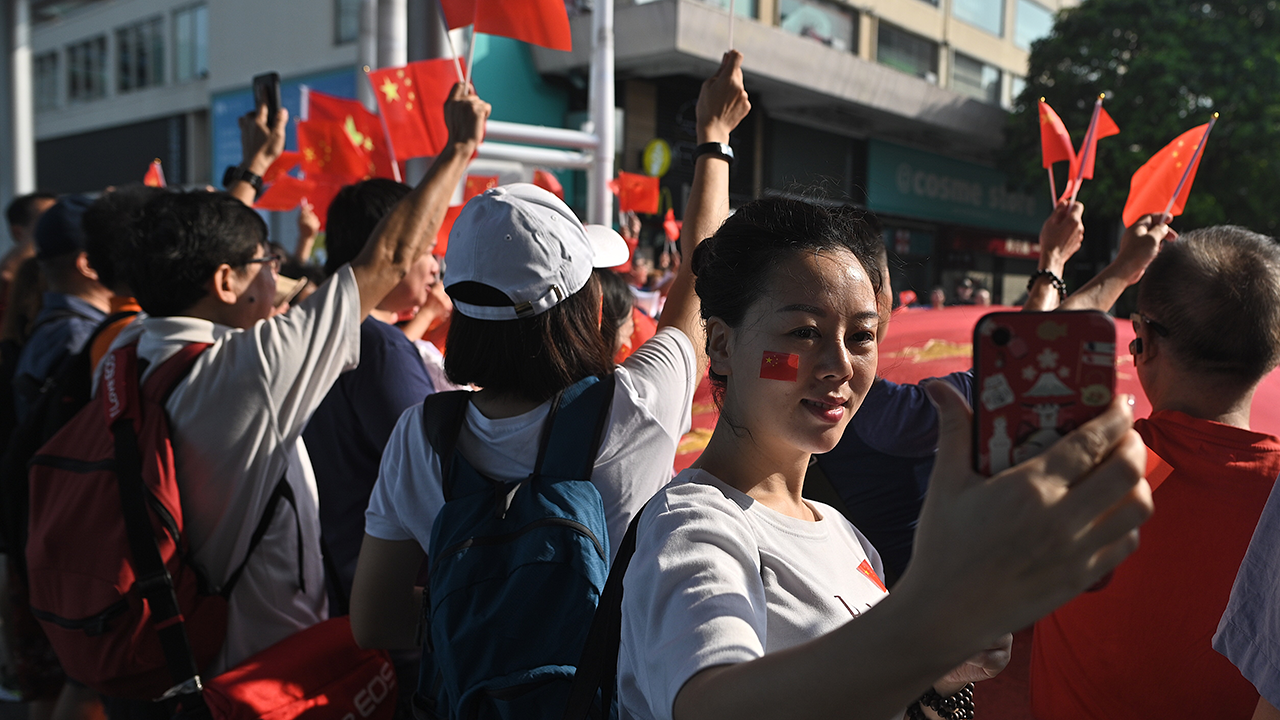
Hostile Neighbors: China vs. Japan
Reflecting a history marked with strife, neighboring powers China and Japan view each other with disdain, disagree on the past and worry about the future.
Reflecting a history marked with strife, neighboring powers China and Japan view each other with disdain, disagree on the past and worry about the future.
As the 15th anniversary of 9/11 approaches, partisan differences over the ability of terrorists to launch a major attack on the United States are now as wide as at any point dating back to 2002.
After a year of escalating terror attacks against Western targets, people across Europe are widely supportive of U.S.-led military action against the Islamic militant group known as ISIS.
Given the chance to decide how much time is spent on each of 10 specific issues, voters would allocate more time to discussions of the candidates’ plans on keeping the U.S. safe from terrorism and on economic growth and much less time to discussion of abortion policy.
More than eight-in-ten in Greece, France and Spain say the economic situation is bad, but opinions in other EU countries and parts of Asia-Pacific are more positive.
More than 60 million people are displaced from their homes as of the end of 2015, the highest number of displaced people since World War II.
The recent wave of asylum seekers to 28 EU countries, Norway and Switzerland accounts for one-in-ten asylum applications to the region since 1985.
Views of the U.S. and its president were mainly positive. But when we asked people abroad how they saw Americans given a list of characteristics, the answers were more of a mixed bag.
Over 4,600 U.S. ambassadors have served in foreign countries since the founding of the nation – and only 9% of them have been women.
The refugee crisis and the threat of terrorism are very much related in the minds of many Europeans. Across the EU there are also sharp ideological divides on views about minorities, diversity and national identity.
Across 12 countries, a median of 40% of adults say they have no confidence in Indian Prime Minister Narendra Modi to do the right thing regarding world affairs. About eight-in-ten Indians have a favorable view of Modi.
Majorities in most countries say China does not take into account the interests of other countries in its foreign policy, and China does not contribute to global peace and stability.
Across 24 countries, large shares have an unfavorable view of Russia and no confidence in Putin to do the right thing regarding world affairs.
Overwhelmingly, people believe the U.S. interferes in the affairs of other countries, but most also believe the U.S. contributes to peace and stability around the world. U.S. President Joe Biden receives mostly positive reviews.












